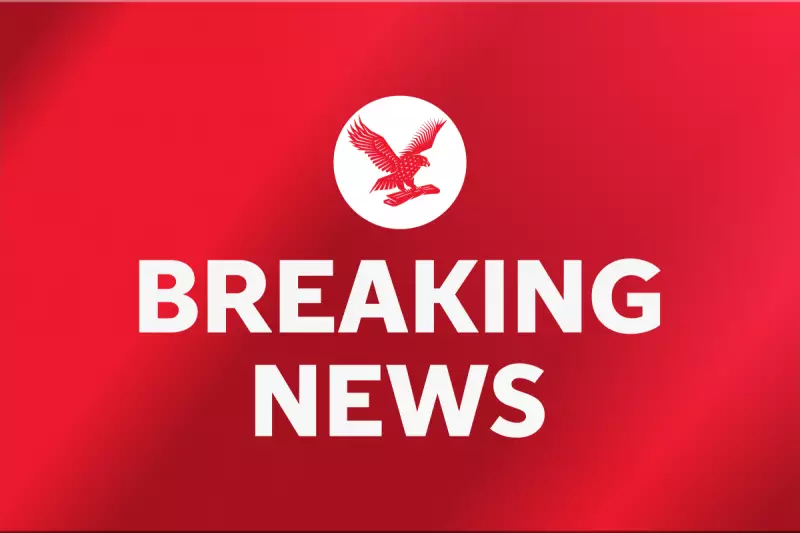
The BBC finds itself in turbulent waters as media regulator Ofcom considers formal sanctions against the broadcaster over its contentious documentary examining the Israel-Gaza conflict. The programme, titled 'The Hidden Truth: Gaza's Unseen War,' has drawn significant criticism for its portrayal of Hamas and allegations of bias.
Regulatory Scrutiny Intensifies
Ofcom has confirmed it is investigating multiple complaints regarding the documentary's content and approach. The regulator is examining whether the BBC breached broadcasting rules concerning due impartiality and accuracy in its coverage of sensitive political matters and conflicts.
Contentious Programming Decisions
The documentary has been criticised for its framing of Hamas activities and the broader context of the Gaza conflict. Critics argue the programme failed to provide adequate context and balanced perspectives, while supporters maintain it shed light on underreported aspects of the situation.
Growing Complaints Portfolio
This isn't the first time the BBC has faced scrutiny over its Middle East coverage. The broadcaster has repeatedly found itself navigating the complex landscape of reporting on this long-standing conflict, with previous programmes also attracting both praise and condemnation from different quarters.
Potential Consequences
Should Ofcom rule against the BBC, the broadcaster could face:
- Formal sanctions and potential fines
- Requirements to broadcast corrections or opposing views
- Damage to its reputation for impartial journalism
- Increased scrutiny of future Middle East coverage
Broader Implications for Media
The case highlights the ongoing challenges faced by news organisations when covering complex international conflicts. It raises important questions about balancing journalistic investigation with regulatory requirements for impartiality in politically charged reporting.
The BBC has stated it stands by its journalism while acknowledging its responsibility to comply with broadcasting standards. The outcome of Ofcom's investigation could set significant precedents for how British media covers international conflicts moving forward.





